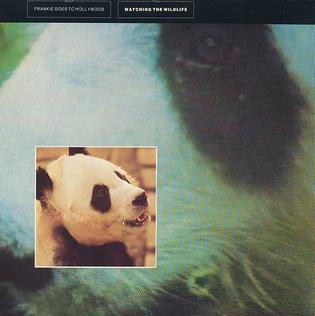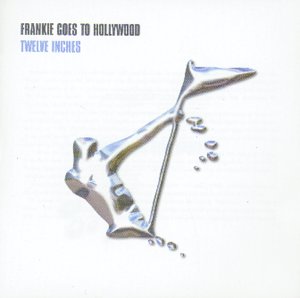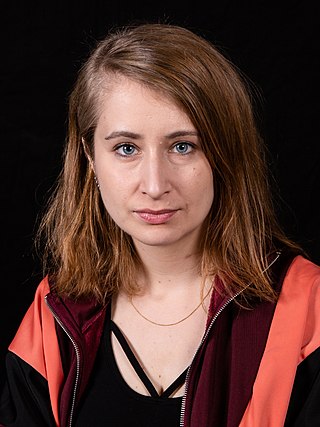Swissair was the national airline of Switzerland between its founding in 1931 and bankruptcy in 2002.

"Watching the Wildlife" is the seventh and last single by English pop band Frankie Goes to Hollywood. Released on 23 February 1987, it is the most radio friendly of the three singles from Liverpool going for a Beatlesque approach with string orchestration and psychedelic guitar riffs.

Karl Kraus was an Austrian writer and journalist, known as a satirist, essayist, aphorist, playwright and poet. He directed his satire at the press, German culture, and German and Austrian politics. He was nominated for the Nobel Prize in Literature three times.

Fritz Kortner was an Austrian stage and film actor and theatre director.

Twelve Inches is a compilation album by Frankie Goes to Hollywood, featuring many remixes that had previously only been available in their original twelve-inch format.

Martin Suter is a Swiss author. He became known for his weekly column Business Class in the Weltwoche newspaper (1992–2004), now appearing in the Tages-Anzeiger, and another column appearing in "NZZ Folio". The columns have been published as nine books.

Walter Mittelholzer was a Swiss aviation pioneer. He was active as a pilot, photographer, travel writer, as well as of the first aviation entrepreneurs.
Daniel Walter Schmid was a Swiss theatre and film director.
Lena Stolze is a German television and film actress.

Beresina, or the Last Days of Switzerland is a 1999 satiric comedy film by Swiss director Daniel Schmid. It chronicles the story of Irina, a Russian call girl arriving in Switzerland, whose innocent attempt to live the high life there triggers an unintended coup d'état in the country. The title Beresina refers to the Beresinalied, a patriotic song used as the code for initiating the putsch.

Wigald Boning is a German comedian, television presenter, actor, and author.
The Hebbel am Ufer (HAU) is a German theater company and international performance center in Berlin. It has three physical locations, and a digital theatre (HAU4).
The Last Days of Mankind is a satirical play by Karl Kraus. It is considered one of the most important of Kraus's works.

Ivo Barnabò Micheli was an Italian Film director and screenwriter from the German-speaking South Tyrol / Alto Adige region.

Milo Rau is a Swiss theatre director, journalist, playwright, essayist, and lecturer. In 2007 he founded a theatre and film production company, the International Institute of Political Murder (IIPM), and from 2018 until 2023 was the artistic director of the Belgian theatre group NTGent, in Ghent, transforming its direction. He is known for his political theatre.
Leonardo Nigro is a Swiss actor.

Pasquale Aleardi is a Swiss actor. He is known for playing the role of 'J.D. Salinas' in Resident Evil. He also starred as Billy Flynn in the Broadway production of Chicago.

Christian Hartmann is a German historian. He is a research fellow at the Institute of Contemporary History in Munich.

Margarete Stokowski is a Polish-German writer and essayist. She is best known for her weekly essays for the magazine Spiegel Online where she writes about the current state of feminism in Germany. The numbers of clicks on her essays reach up to 900,000. The Süddeutsche Zeitung stated that she is the "loudest voice of German feminism" in 2019.
Fünf letzte Tage is a West German film about the last days in 1943 of Sophie Scholl. Scholl was a member of the anti-war group Weiße Rose. She was executed for her non-violent activities by the National Socialist regime during the Second World War. The film was directed by Percy Adlon, who also wrote the script. Eleonore Adlon was the producer, and Horst Lermer the cinematographer. The music was taken from Franz Schubert. It was released on 16 October 1982, and was first shown on public television on 20 February 1983. The film received national and international awards for actors and direction.













